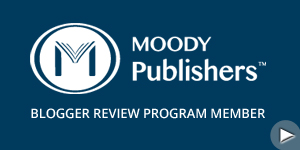Now the Psalmist moves from his description of the wicked to his reaction to what he sees.
Surely in vain I have kept my heart pure
And washed my hands on innocence;
For I have been stricken all day long
And chastened every morning.
If I had said, "I will speak thus,"
Behold, I would have betrayed the generation of Your children.
I get him: sometimes I look around too, see how easy life seems for unbelievers, and how tough it seems for me and I wonder why. I think that sacrificing for Christ should lead to greater blessings, ignoring the eventual blessings.
But see what the Psalmist says next...he did not speak about it. He knew that it would be wrong and would affect others. Asaph was a priest and people listened to him, so he kept his mouth shut when he was doubting; he did not speak until he had answers (they're coming up later).
He stands in contrast to some so-called pastors I've heard about. They doubt and rejoice in their doubting and encourage others to doubt. They don't look for answers, for all that they claim to be looking for them; instead, they keep asking questions and it seems like they don't want answers. And so they betray the ones who look to them for answers.
Asaph was confused, he forgot some important characteristics of God, and he doubted. But he was careful, even in the worst of times, not to betray the people who looked up to him.
Subscribe to:
Post Comments (Atom)

No comments:
Post a Comment